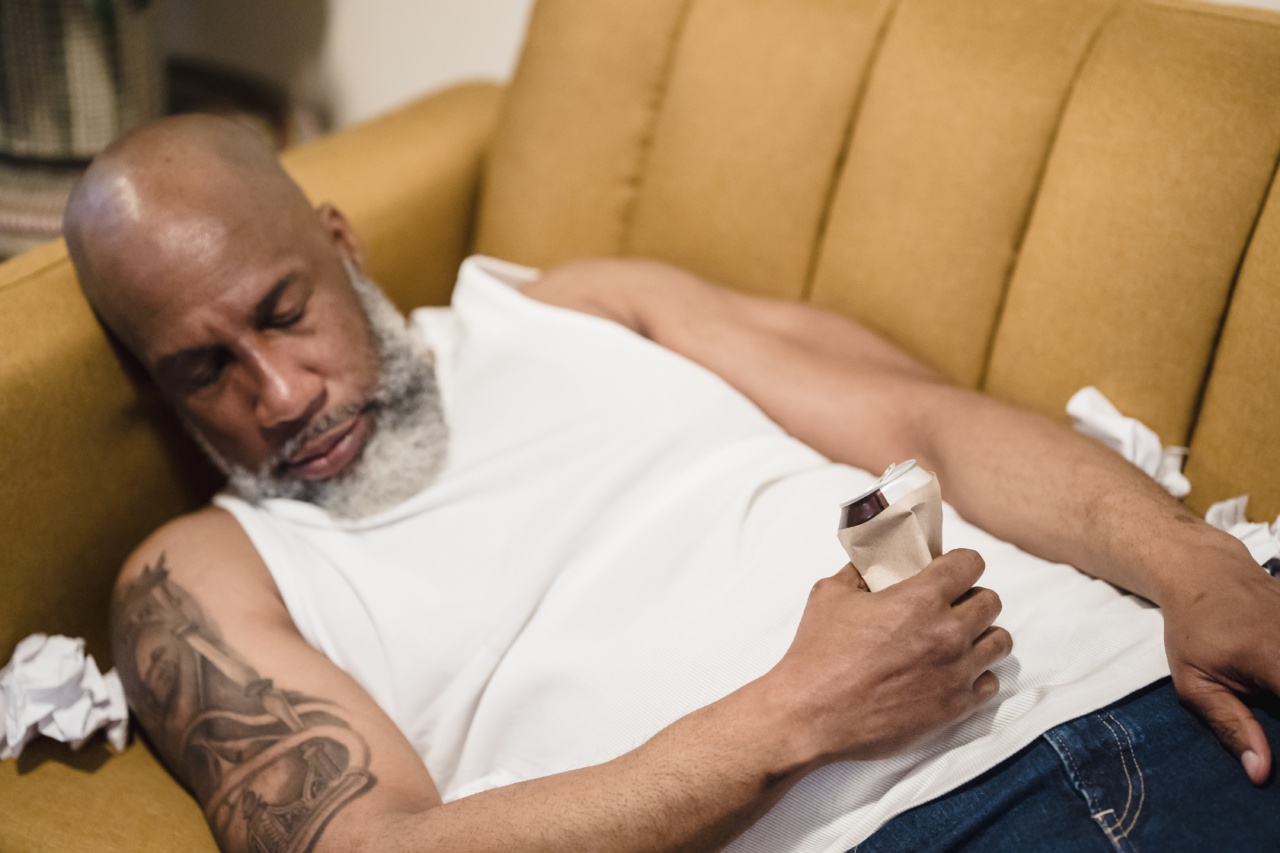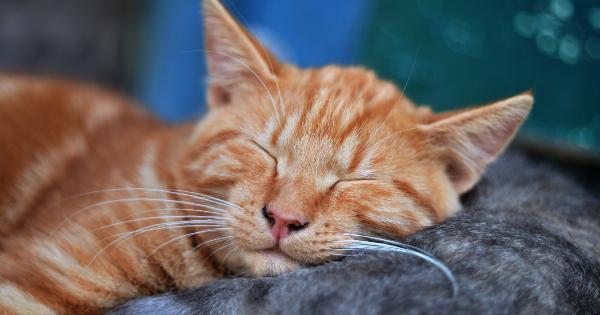Sleeping with damp hair is a common practice for many people, especially those with busy schedules or long hair that takes time to dry.
While it may seem harmless at first, there has been a long-standing debate about whether sleeping with damp hair can cause hair loss. In this article, we will explore this topic and determine if there is any truth to this claim.
Understanding Hair Growth and Hair Loss
Before diving into the question at hand, it is important to understand the basics of hair growth and hair loss. Hair goes through a natural cycle, consisting of a growth phase (anagen), a rest phase (telogen), and a shedding phase (exogen).
On average, an individual can lose between 50 to 100 strands of hair per day, which is considered normal.
Hair loss occurs when there is an imbalance between hair growth and hair shedding. This can be influenced by various factors, including genetics, hormonal changes, nutritional deficiencies, stress, and certain medical conditions.
When hair loss becomes excessive or noticeable, it can have a significant impact on a person’s self-esteem and confidence.
The Relationship Between Sleeping and Hair Loss
There is a widespread belief that sleeping with damp hair can lead to hair loss.
The argument is that when you go to bed with wet or damp hair, it remains in contact with your pillow or bedding for an extended period, creating a moist environment that encourages bacterial and fungal growth. This, in turn, is believed to weaken the hair follicles and lead to hair loss over time.
Examining the Evidence
Despite the popular belief, there is a lack of scientific evidence to support the notion that sleeping with damp hair directly causes hair loss.
Hair follicles are deeply rooted in the scalp and are not easily affected by external factors like the moisture from your damp hair or even your pillow. Hair shedding that occurs during sleep is part of the natural hair growth cycle, rather than a direct result of sleeping with damp hair.
That being said, there are other factors indirectly associated with sleeping with damp hair that can contribute to hair loss. These include:.
1. Increased Friction and Breakage
When your hair is wet or damp, it is in a weakened state. Friction with your pillow can lead to hair breakage, particularly if you toss and turn during sleep.
To minimize this risk, consider using a silk or satin pillowcase, as these materials create less friction and are gentler on the hair.
2. Fungal and Bacterial Infections
The moist environment created by sleeping with damp hair can potentially allow for the growth of fungi and bacteria on your scalp.
While these microorganisms are a natural part of the scalp’s ecosystem, an overgrowth can lead to scalp conditions like dandruff or fungal infections, which may indirectly contribute to hair loss. Maintaining good scalp hygiene and allowing your hair to fully dry before sleeping can help mitigate these risks.
3. Weakened Hair Cuticles
The cuticles, which are the outermost layer of the hair shaft, can become more vulnerable when exposed to excessive moisture for prolonged periods. This can make the hair more prone to damage and breakage.
To prevent this, it is recommended to towel dry your hair gently before sleeping or, better yet, allow it to air dry naturally.
4. Tangling and Knotting
When your hair is wet, it is more prone to tangling and knotting. This can be exacerbated during sleep when you move around or change positions.
To minimize tangles, gently comb your hair before bed and consider using a wide-toothed comb or a brush specifically designed for wet hair.
Conclusion
While there is no direct evidence to suggest that sleeping with damp hair causes hair loss, there are several indirect factors that can contribute to hair breakage and damage.
It is important to maintain good hair and scalp hygiene, allow your hair to dry fully before sleeping, and minimize friction and tangling to promote healthy hair growth. If you are experiencing excessive hair loss or are concerned about the health of your hair, it is always recommended to consult a healthcare professional or a dermatologist.




























